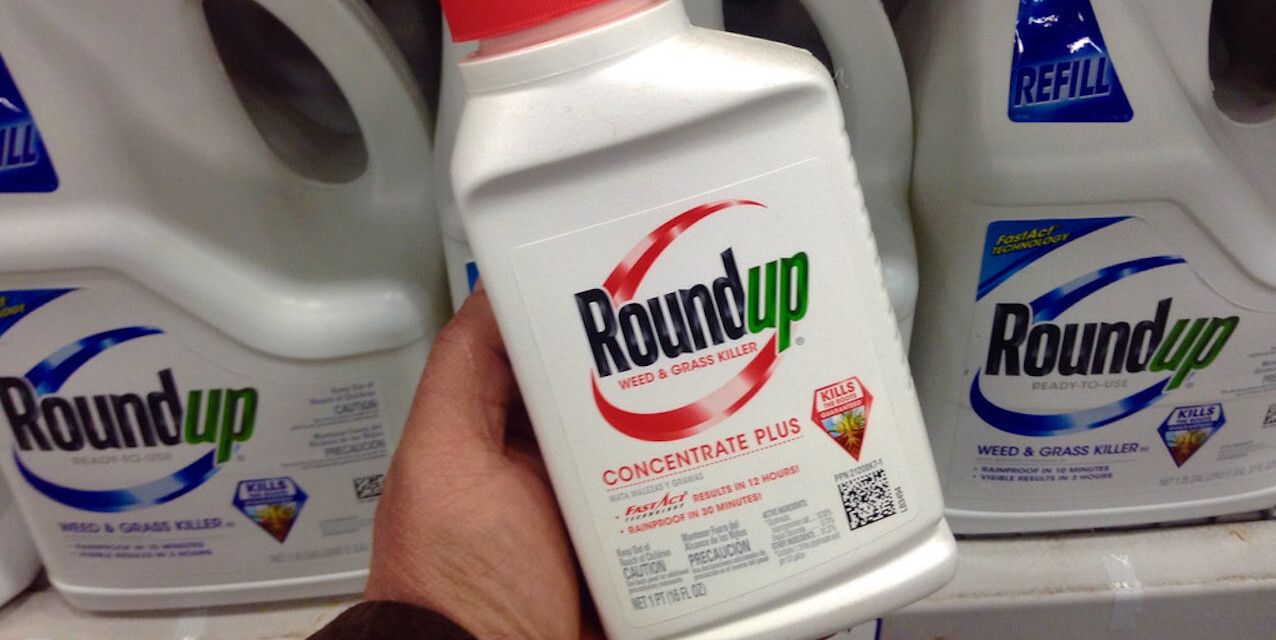Ahead of a trial scheduled that started this week, California Superior Court Judge Gilbert Ochoa ruled that federal law preempts a claim of failure-to-warn in a case against the manufacturer of Roundup herbicide.
The ruling came in response to a pre-trial motion for summary judgment filed by attorneys for the defendant in Stephens v. Monsanto.
Fletcher Trammel, an attorney for the plaintiff, Donetta Stephens, did not reply to a request for comment from the Northern California Record.
“When considering all the facts, they come down to one thing – the EPA holds to the belief glyphosate is not likely to be a human carcinogen and poses no human health risk,” Judge Ochoa of the Superior Court of San Bernardino County wrote in the ruling.
“Because of that, the labels for glyphosate products do not need to include any warning that use could cause cancer. Now Plaintiff disputes the facts but her dispute is predicated on she believes the EPA decision is flawed. And it may very well be flawed, but that does not alter the issue here is preemption, not whether the determination by the EPA is correct.”
The ruling goes on to state that, “Under Plaintiff’s failure to warn causes of action (and arguably theories, even though not subject to summary adjudication), California cannot by any statute or under a tort claim mandate Monsanto include any label or packaging warning that use of glyphosate may cause cancer, as the EPA, based on its authority under the FIFRA [Federal Insecticide, Fungicide, and Rodenticide Act], has found glyphosate does not pose such danger to support a warning that its use may cause cancer.”
Monsanto was acquired by Bayer in 2018.
In a statement provided to the Record, a Bayer company spokesperson said, “The federal preemption ruling in Stephens is an important decision that adds to the growing case law holding that a state law-based cancer warning label on glyphosate-based herbicides cannot stand as it would be in addition to, different from and in conflict with the EPA-approved, science-based label which is the law.
"Notably, the court cited the complete, up-to-date regulatory record on the safety of glyphosate-based herbicides, including the EPA’s August 2019 letter to registrants of glyphosate-based products, the EPA’s 2020 Glyphosate Registration Review and the EPA’s May 2021 Executive Order review, among others.
“Although the design defect claims can go forward in Stephens, we do not believe the plaintiff can prove the necessary elements of any design defect theory under the law. The company is confident in its defenses and in the safety of Roundup based on more than four decades of scientific studies and consistently favorable assessments by leading regulators worldwide.”
